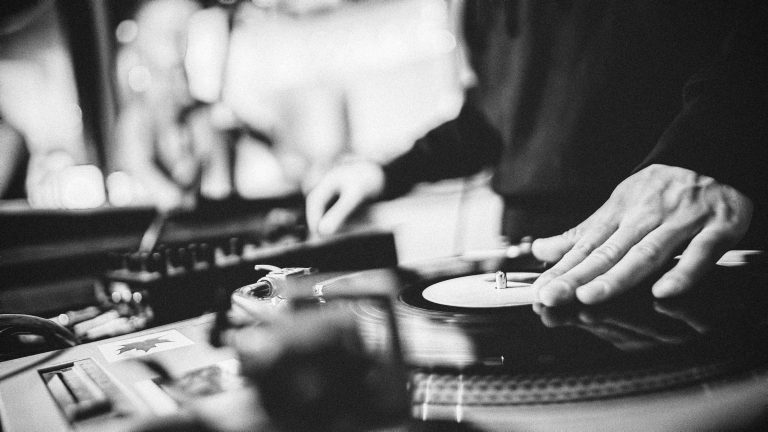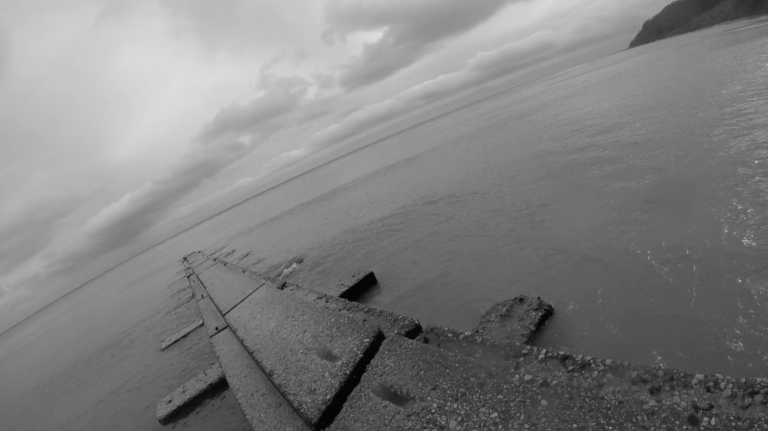Practice Room / December 2023

music / REFRACT / Jason Moran, Marcus Gilmore, and Blankfor.ms (Red Hook Ltd.) ANDREW HILL / Smoke Stack (Blue Note) GEMINI RIGHTS / Steve Lacy (L-M Records) Y-OTIS 2 / Otis Sandsjö (We Jazz) OWL SONG / Ambrose Akinmusire (Nonesuch) NEW…








